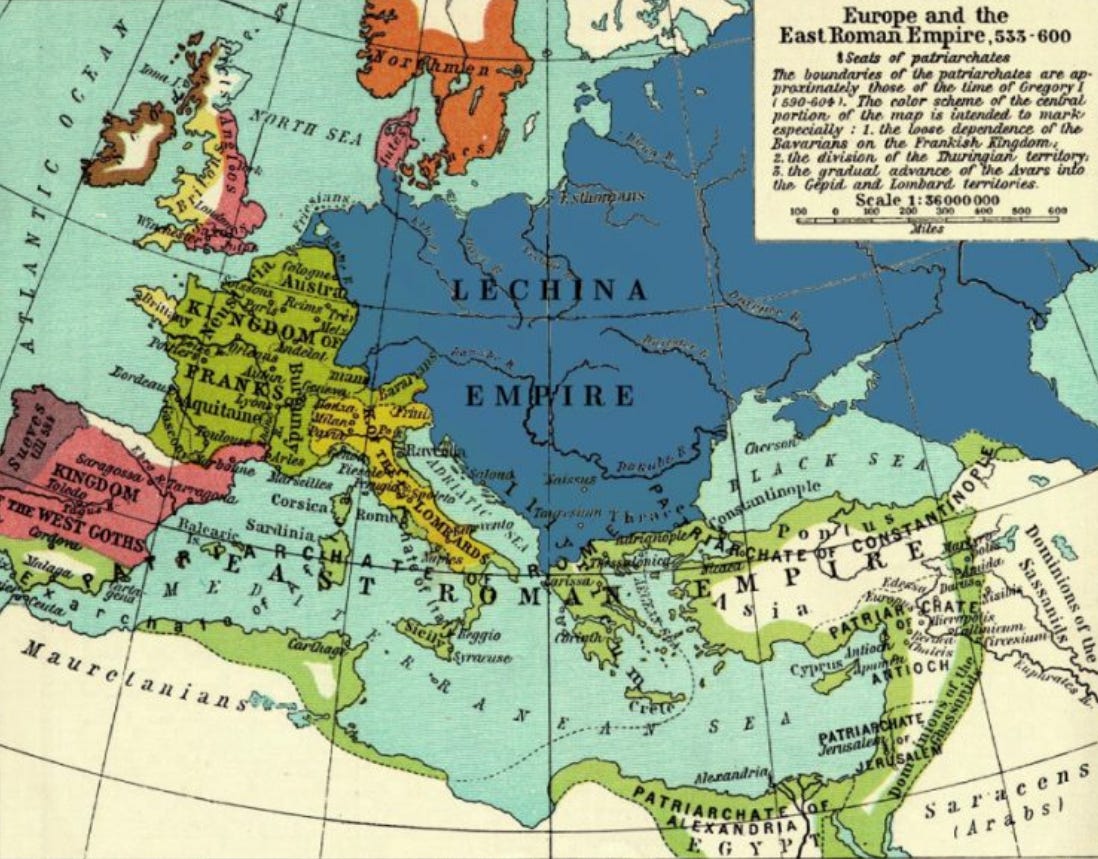Week signals: The geopolitics of conspiracy
Plus: watch points for Japan, the Philippines, Ukraine, NATO, China, the EU, and India.

This week:
IN REVIEW. Claims and counterclaims, perception over reality, and from rumour to risk.
UP AHEAD. An election in Japan, meetings on NATO, China and the Philippines, and Modi's diplomatic path.
And don’t forget to connect with me on LinkedIn.
Week Signals is the Saturday note for clients of Geopolitical Strategy, also available to GD Professional subscribers on Geopolitical Dispatch.
The Week in Review: How to think about the unfalsifiable
The week began with trade threats and crises in the Middle East. It ended in much the same way. Throughout the noisy headlines, however, it was hard to suppress, no matter how many tried, the mounting claims and counterclaims about Donald Trump's alleged relationship with Jeffrey Epstein and access to an alleged sex-trafficking "client list".
We've largely avoided this topic, not because it lacks a geopolitical dimension – there are allegations, after all, of the late felon's links to foreign intelligence – but because it's hard to separate fact from falsehood and signal from noise.
Yet after a week in which Trump has gone from saying it's all a Democrat-linked hoax to suing the Wall Street Journal for $10 billion, the allegations of the story, which we won't repeat here, are less important than the fact that a good many Americans believe it, including 62% of Republicans, and it could ultimately become a bigger determinant of the mid-term elections and subsequent US policy, than trade, inflation, or the course of foreign wars.
So, how should businesses and investors, which may have also been avoiding the Epstein scandal as much as we have, think about not only this particular case, but unfalsifiable rumours and conspiracy theories more broadly? And whether as an attempt to shift the narrative, or simply remind us that these rumours and theories have always impacted politics, how should we also think about the reprised allegations around "Russiagate”?
From unfounded allegations about Barack Obama’s birthplace to the results of the 2020 election, nobody loves a ridiculous conspiracy more than President Trump. That someone who has lived by disinformation should die (politically) by disinformation should, if it happens, not be surprising. And with a political culture renowned for its “paranoid style”, from Salem to McCarthyism to QAnon, it should not be surprising that it’s happening in America.
It is easy to dismiss these kinds of theories as fringe and unserious. But from an intelligence standpoint, it is precisely the persistence of these stories, and their refusal to die, that should prompt serious attention. In both the Epstein and Russiagate cases, the truth remains contested not only because evidence is withheld, but because different actors have different interests in what is believed, and by whom. That makes them political facts, even when they cannot be verified. Markets, like politics, move not only on reality, but on perception.
This does not mean investors must take every online conspiracy at face value. But they must recognise that conspiracies have real-world effects. The belief that Epstein was part of a protected intelligence operation changes how Americans view institutions. The belief that Russia controlled Trump alters how policy is interpreted abroad. Whether true or false, these stories shape trust, polarisation, and in some cases, votes.
The question, then, is not whether a theory is falsifiable in the strict philosophical sense, but whether it is shaping behaviour. An intelligence analyst would not ask whether every detail is provable in court. They would ask who believes it, why they believe it, and what the consequences might be. In that sense, a rumour can be a risk vector, regardless of its provenance.
There are at least five ways such rumours can affect business and markets:


